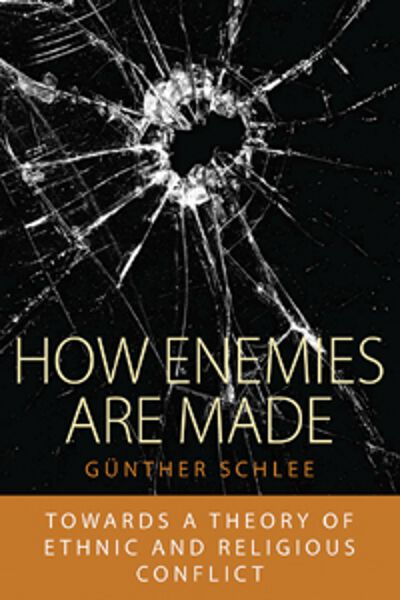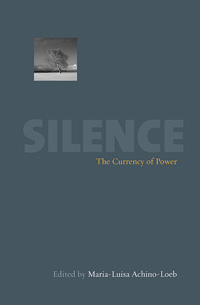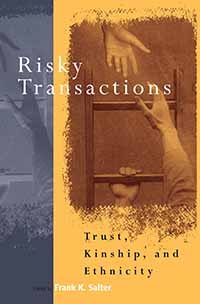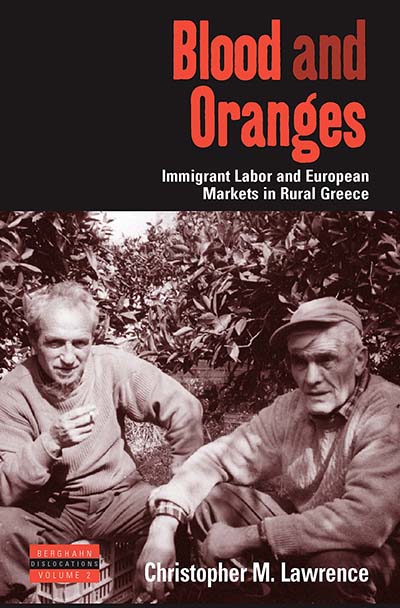
Series
Volume 1
Integration and Conflict Studies
Email Newsletters
Sign up for our email newsletters to get customized updates on new Berghahn publications.
How Enemies Are Made
Towards a Theory of Ethnic and Religious Conflict
Günther Schlee
206 pages, 5 tables, 2 diagrams, bibliog., index
ISBN 978-1-84545-494-4 $135.00/£104.00 / Hb / Published (September 2008)
ISBN 978-1-84545-779-2 $34.95/£27.95 / Pb / Published (March 2010)
eISBN 978-1-80758-756-7 eBook
Reviews
“This is certainly a significant text, and would be of interest to most scholars studying conflict theory…[it] represents an interesting discussion of conflict resolution and would be most beneficial to those seeking an alternate to traditional conflict analysis. While the author does not offer his own theory, he does successfully lay the groundwork for future conflict analysts to develop their own perspectives.” · The Canadian Review of Sociology/Revue canadienne de sociologie
Description
In popular perception cultural differences or ethnic affiliation are factors that cause conflict or political fragmentation although this is not borne out by historical evidence. This book puts forward an alternative conflict theory. The author develops a decision theory which explains the conditions under which differing types of identification are preferred. Group identification is linked to competition for resources like water, territory, oil, political charges, or other advantages. Rivalry for resources can cause conflicts but it does not explain who takes whose side in a conflict situation. This book explores possibilities of reducing violent conflicts and ends with a case study, based on personal experience of the author, of conflict resolution.
Günther Schlee was a Professor at Bielefeld until 1999. He currently is the director of the section Integration and Conflict at the Max Planck Institute for Social Anthropology, Halle, focusing on Africa, Central Asia, and Europe. His publications include Identities on the Move: Clanship and Pastoralism in Northern Kenya (International African Institute, 1989), How Enemies are Made (Berghahn, 2008), Rendille Proverbs in their Social and legal Context (with Karaba Sahado) and Boran Proverbs in their Cultural Context (with Abdullahi Shongolo) (both Cologne: Rüdiger Köppe).




